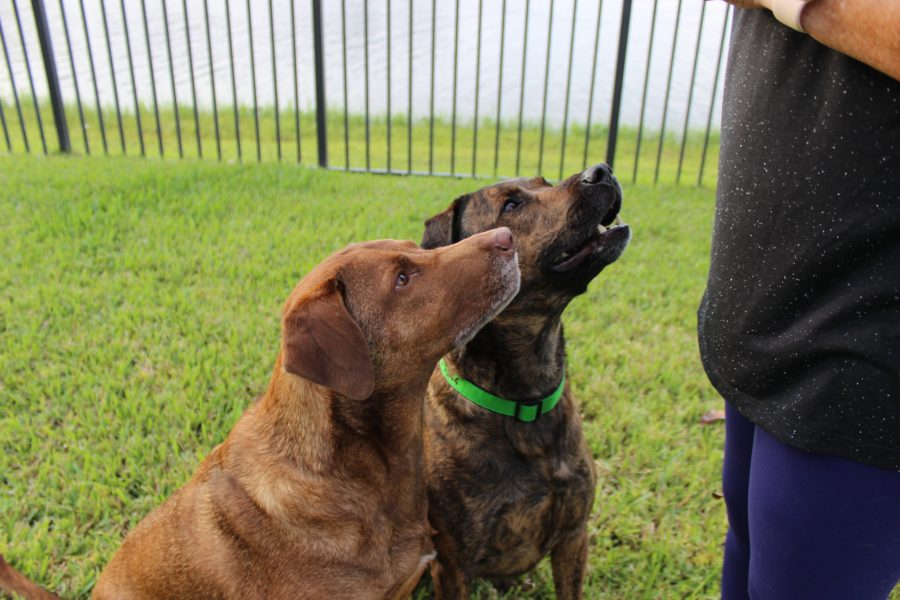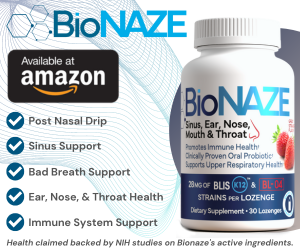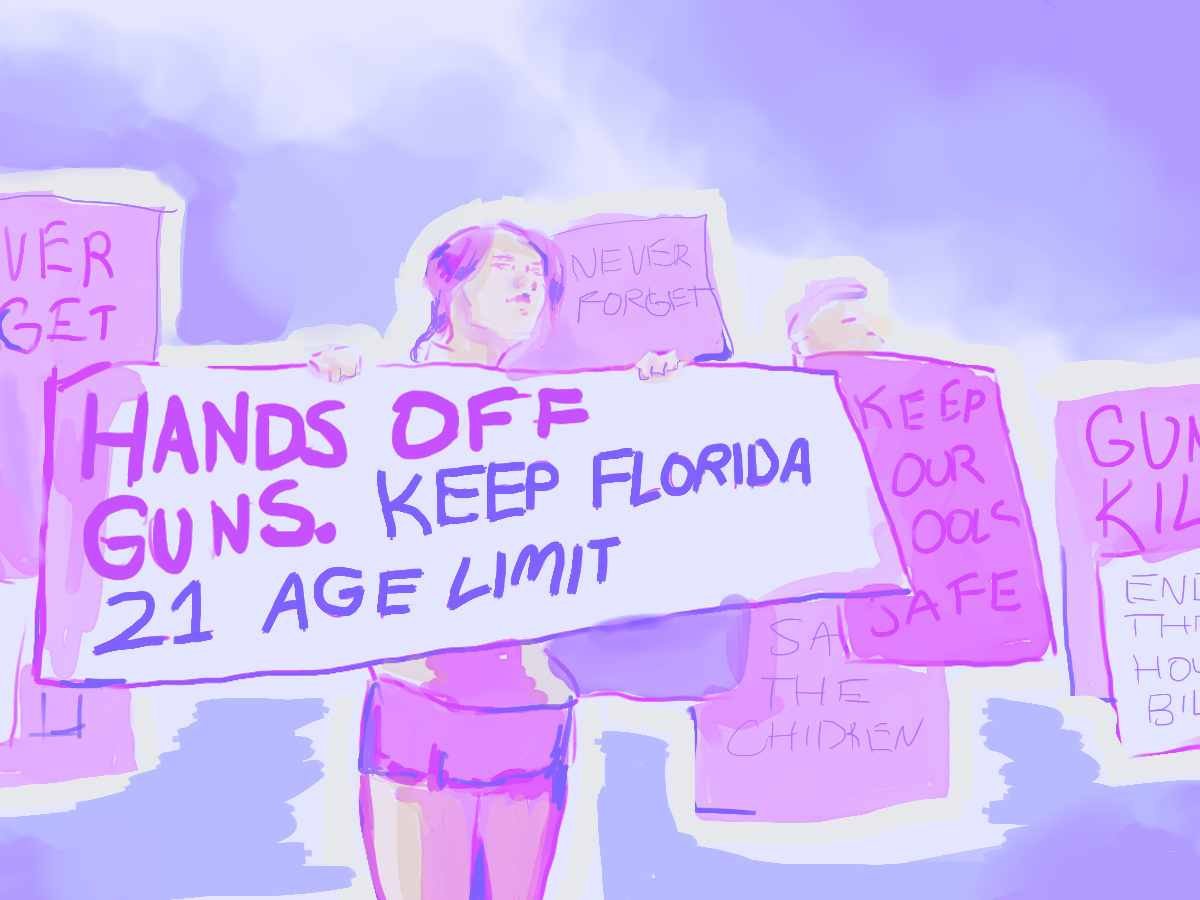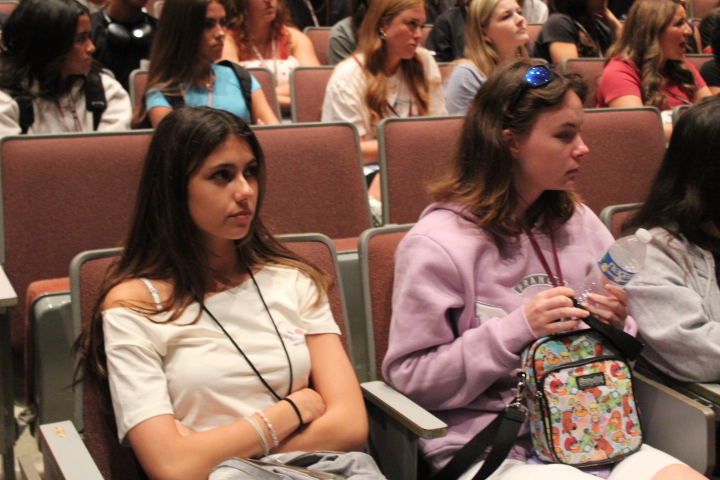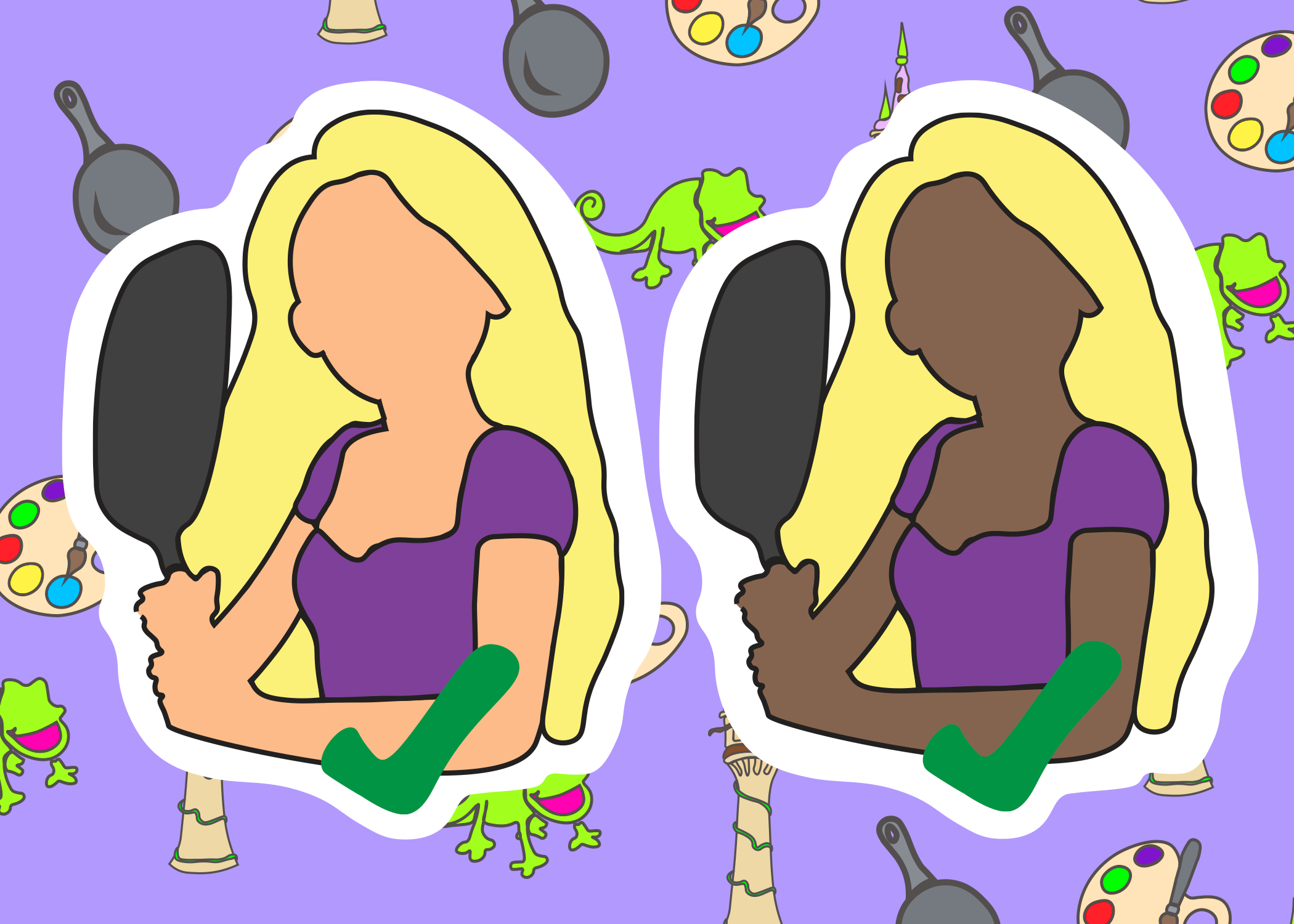Fostering, animal rescues and shelters are impacted by the COVID-19 pandemic
October 20, 2020
Across the nation, citizens have sought comfort by spending time with their beloved pets. For those in search of similar support, fulfillment and connection, foster care is an available opportunity that provides this while allowing people to support an animal’s well-being.
Due to being constricted by a lack of workers, financial support, necessary services and resources, many animal care organizations have limited or ceased their activity during the COVID-19 pandemic. Social distancing measures also resulted in more people spending time at home, leading to them pursuing foster care or adoption.
“A lot of people have stepped up and realized they want to be part of adopting a dog,” English teacher Holly Van Tassel said. “You’re at home, you have the time, you can really put that effort that a puppy or new dog needs coming in.”
According to the Shelter Animals Count National Database, Florida shelters’ and rescues’ total animal intake and adoption rates dropped around March and April. This reported decline mirrors the timeline of when COVID-19 structurally impacted the United States.
The culmination of factors such as a lack of employees, volunteers, financial support, medical services and other necessary resources can be linked to the impeded activity of shelters and rescues.
“A lot of the shelters sent their dogs out, because at the time, they had no people coming in. So Wonder Paws stepped up to shelters that were in more rural areas and took in a lot of puppies,” Van Tassel, an associate of Wonder Paws, said. “We actually took in 30 [dogs] right at the beginning of the pandemic.”
Foster-based rescues across South Florida such as Milo’s Rescue and Wonder Paws rely on a local network of people offering their home and dedication. During this time, many are drawn to foster care to occupy their time and companionship.
“It’s a breath of fresh air to have a change of pace with a puppy,” MSD alumna and affiliate of Milo’s Rescue Jessica Bergeron said.
These rescues also reported a surge in people applying for foster care at the beginning of the pandemic, which helped to accommodate their increased animal intake due to the shelter and home surrenders.
“It’s about getting the information of the dogs out there because they can’t be physically there at the events,” Bergeron said.
Like many organizations across the country, Milo’s Rescue and Wonder Paws use online platforms like Facebook and Instagram to reach potential applicants, and meet with applying adopters or fosters on a more individual basis. For any in-person activity, they implement COVID-19 precautions including masks, hand sanitizer, outside meetings and social distancing measures.
Now that months have passed since the beginning of the pandemic, rescues have begun to resume their adoption events, and shelters have begun to reopen. Additionally, animal care organizations are reporting a return to steadier statistics, like with the rise of adoption and shelter intake rates, and a decrease in fosters.
“When it comes down to any event, after the pandemic is over, we might get a lot more returns,” Bergeron said. “People jump into foster or adoption, [and when] they don’t know what they’re getting into, they bring the dog back.”
To account for this uncertainty, Milo’s Rescue conducts rigorous background checks on applicants’ home environments, work schedule and other possible hazards to the animals’ care and well-being.
“We don’t save these dogs for them to just be dropped off anywhere,” owner of Milo’s Rescue Stacy Billingslea said. “We’re not a huge rescue, but we do save over 300 dogs a year.”
Milo’s Rescue also provides for the training and care of the animals, such as with medical bills due to surgery, spaying and neutering, microchipping, shots, boosters and vaccinations for bacteria and viruses like Bordetella and Parvovirus.
“Spay and neuter your pets. You have no idea how many momma dogs and puppies we get because they weren’t spayed, and most male dogs in the shelters are un-neutered,” Billingslea said. “We get un-vaccinated puppies from the shelter with Parvo, and most of the time they don’t make it. Vaccinate your pets.”
In fostering or adoption, one is adjusting their existing dynamic for an animal unfamiliar with their lifestyle and habitat. In accommodating the animal, one may need to make arrangements like proofing one’s house, reviewing proper training and behavior guidelines, shifting one’s schedule and planning for vacationing, vetting and other circumstances.
“What are you willing to foster? Are you willing to foster a puppy that’s a lot more time-consuming or do you want to foster an older animal that may be housebroken? Cats and kittens are even easier. It just depends on what your interest is,” Van Tassel said.
To those who are inexperienced with animal care, animal care organizations often offer assistance through mentoring and procedural advice. They also recommend seeking advice from others with experience in animal care, such as friends, family and online resources. The internet offers a wide array of information relevant to a variety of circumstances, although cross-checking information found online is crucial to finding accurate guidance from valid sources.
In addition to fostering or adoption, animal care organizations also benefit from donations, assistance with tasks like answering emails or processing applications, management of in-person events and transport of animals and supplies. Each organization’s wants and wishes may differ, so one must always contact the desired organization to see what assistance will be beneficial.
In the time of the COVID-19 pandemic, taking the opportunity to foster or adopt can bring comfort, satisfaction and fulfillment. However, it’s important to understand the commitment needed to bring an animal into one’s home, and prepare for the task ahead. Likewise, shelters, rescues and animal care organizations across the nation have endeavored to adapt to the circumstances provided, in order to create opportunities for their animals to receive the nurturing they need.

